Hãy nhập câu hỏi của bạn vào đây, nếu là tài khoản VIP, bạn sẽ được ưu tiên trả lời.

Looking at the picture, I guess the texts will give us information about some kind of special houses in the world. They can be weird, but they will be unique.
(Nhìn vào bức tranh, tôi đoán bài đọc sẽ cung cấp cho chúng ta thông tin về một số loại nhà đặc biệt nào đó trên thế giới. Chúng có thể kỳ lạ, nhưng chúng sẽ rất độc đáo.)

Looking at the picture I can see the man wearing the glasses and a smartwatch. I think they are special equipment related to technology. The title of the article is ‘MR CONNECTED’, So I think he uses them to control a special smart device to connect something

1. Based on the context of the picture, it seems like the students are taking a vocational course in cooking or culinary arts.
2. It's possible that students may need certain qualifications or prerequisites to apply for this course, such as a high school diploma or previous experience in cooking. However, it ultimately depends on the specific requirements of the course and the institution offering it.
3. Students in this course likely expect to learn various cooking techniques and recipes, as well as gain a deeper understanding of the culinary arts. They may also learn about food safety, kitchen hygiene, and restaurant management if the course covers those topics. Additionally, students may hope to gain hands-on experience in cooking and receive feedback on their dishes from their instructor. Overall, the goal of this course is likely to help students develop their skills and knowledge in the culinary field.

Looking at the photo and the title of the article, I think the article is about the new method of medical treatment. I guess it's about printing organs to save people’s lives.
(Nhìn vào bức ảnh và tiêu đề của bài báo, tôi nghĩ rằng bài viết nói về phương pháp chữa bệnh mới. Tôi đoán đó là về việc in nội tạng để cứu sống con người.)

A Driver followed satnav to edge of 100-ft drop.
(Người lái xe đã đi theo satnav đến mép của độ rơi 100)
Giải thích: The driver followed the directions of their satnav and ended up at the edge of a cliff, which could have resulted in a serious accident or even death.
(Người lái xe đã đi theo hướng dẫn của vệ tinh và kết thúc ở rìa của một vách đá, điều này có thể dẫn đến một tai nạn nghiêm trọng hoặc thậm chí tử vong.)
B GPS failure leaves woman in Zagreb two days later
(Lỗi GPS khiến người phụ nữ ở Zagreb hai ngày sau)
Giải thích: A woman relied on her GPS system to navigate her way to Zagreb, but due to a failure, she ended up being lost for two days.
(Một người phụ nữ dựa vào hệ thống GPS của mình để tìm đường đến Zagreb, nhưng do bị lỗi, cô ấy đã bị lạc trong hai ngày.)
C SATNAV ERROR LEAVES SHOPPERS IN WRONG COUNTRY
(LỖI SATNAV ĐỂ LẠI NGƯỜI MUA HÀNG Ở SAI QUỐC GIA)
Giải thích: Shoppers relied on their satnav and ended up in the wrong country, which could have been a costly and inconvenient mistake.
(Người mua sắm dựa vào vệ tinh định vị của họ và kết thúc ở nhầm quốc gia, đây có thể là một sai lầm tốn kém và bất tiện.)
D Satnav leads woman into river
(Satnav dẫn người phụ nữ xuống sông)
Giải thích: A woman trusted her satnav and ended up driving her car into a river.
(Một người phụ nữ đã tin tưởng vào hệ thống định vị vệ tinh của mình và cuối cùng đã lao xe của mình xuống sông.)
=> People might make these kinds of mistakes when they rely too heavily on technology without considering other factors such as common sense, local knowledge, and road signs.
(Mọi người có thể mắc phải những sai lầm kiểu này khi họ phụ thuộc quá nhiều vào công nghệ mà không xem xét các yếu tố khác như ý thức chung, kiến thức địa phương và biển báo giao thông.)

The pictures show tò he, which is a traditional Vietnamese art form of sculpting edible figurines made from glutinous rice powder. These figurines can be shaped into various forms such as animals, fruits, and flowers, and are often brightly colored.
I usually bought to he at the fairs near my house when I was a child.
(Các bức tranh cho thấy tò he, một loại hình nghệ thuật điêu khắc tượng nhỏ ăn được truyền thống của Việt Nam làm từ bột gạo nếp. Những bức tượng nhỏ này có thể được tạo hình thành nhiều dạng khác nhau như động vật, trái cây và hoa và thường có màu sắc rực rỡ.
Tôi thường mua tò he ở phiên chợ gần nhà khi tôi còn nhỏ.)

I think this app relates to mealtimes. I can see the kid's smartphone and parent’s smartphone. This app may prevent children from using devices while eating breakfast, lunch or dinner. In my opinion, some people, especially some parents, need it because nowadays, children always glue their eyes to the screen all the time, even when they are eating. Therefore, most parents use this app to help their kids have quality time when they are having meals.
Tạm dịch:
Tôi nghĩ rằng ứng dụng này liên quan đến giờ ăn. Tôi có thể thấy điện thoại thông minh của trẻ em và điện thoại thông minh của cha mẹ. Ứng dụng này có thể ngăn trẻ em sử dụng các thiết bị trong khi ăn sáng, ăn trưa hoặc ăn tối. Theo tôi, một số người, nhất là một số phụ huynh cần vì hiện nay trẻ em lúc nào cũng dán mắt vào màn hình, kể cả khi đang ăn. Do đó, hầu hết các bậc cha mẹ sử dụng ứng dụng này để giúp con cái họ có thời gian chất lượng khi dùng bữa.

Looking at the picture, I can see the man and woman in the car are having a discussion about directions or navigation. The girl is holding a map and the man is pointing at it suggests that they may be trying to figure out where they are and where they need to go.
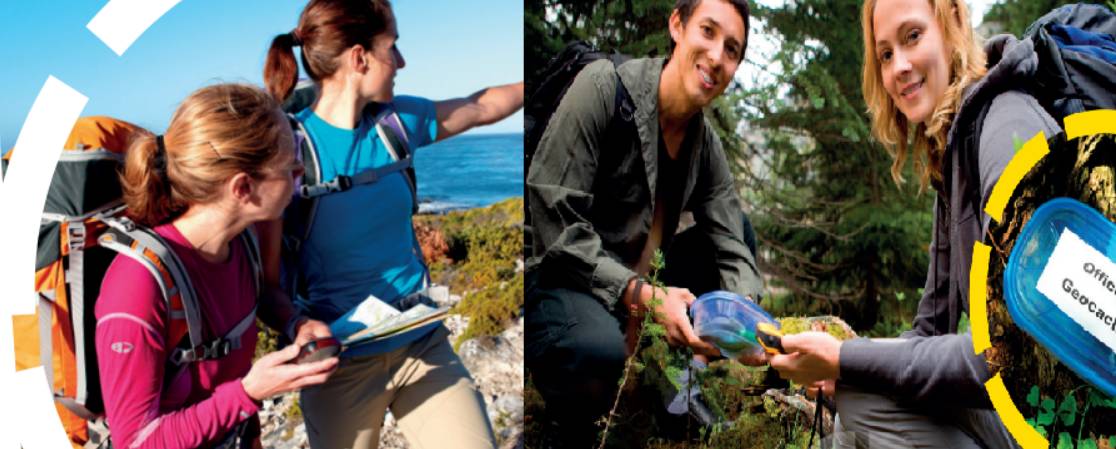
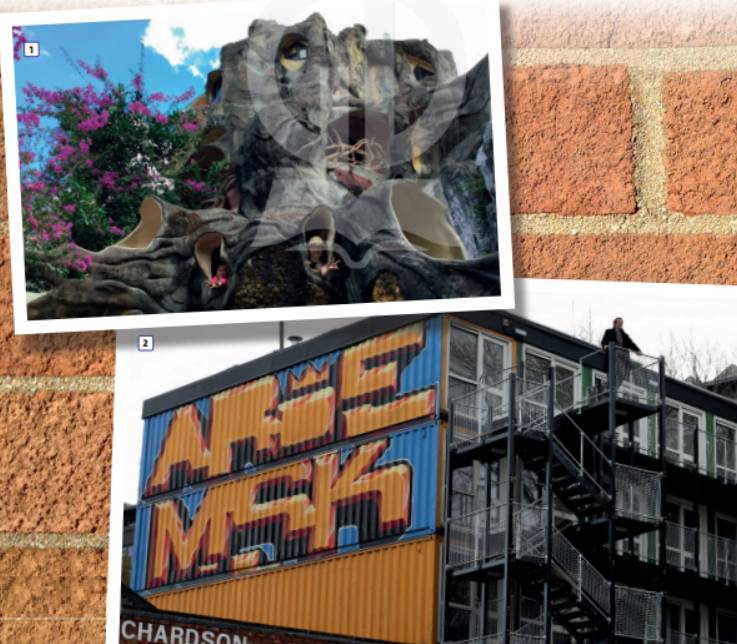

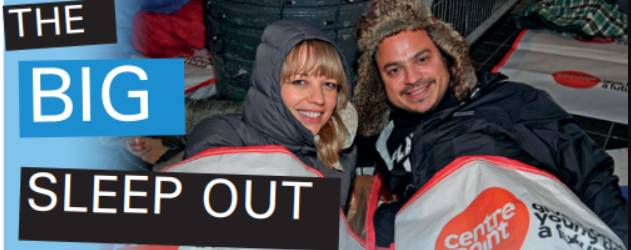
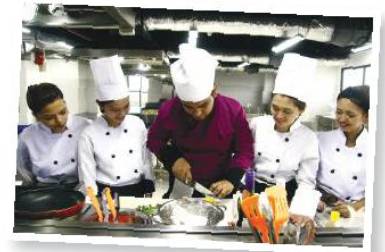
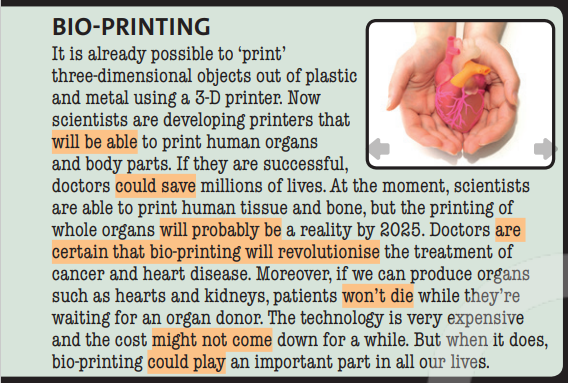

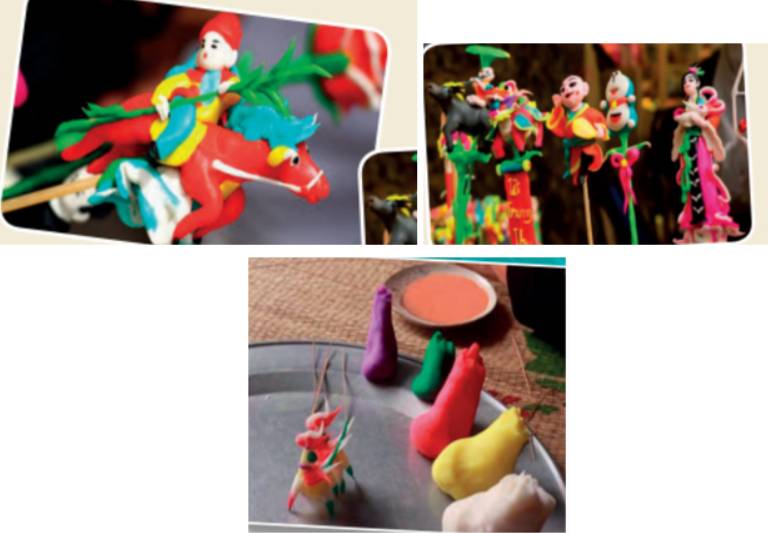
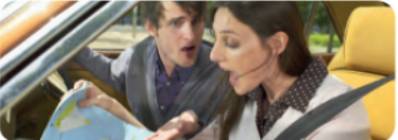
I don't know what the exact name of the game is, but looking at the picture I guess they are playing a game related to finding something that uses modern devices to navigate them.
(Tôi không biết tên chính xác của trò chơi là gì, nhưng nhìn vào hình ảnh tôi đoán họ đang chơi một trò chơi liên quan đến tìm thứ gì đó sử dụng thiết bị hiện đại điều hướng họ.)